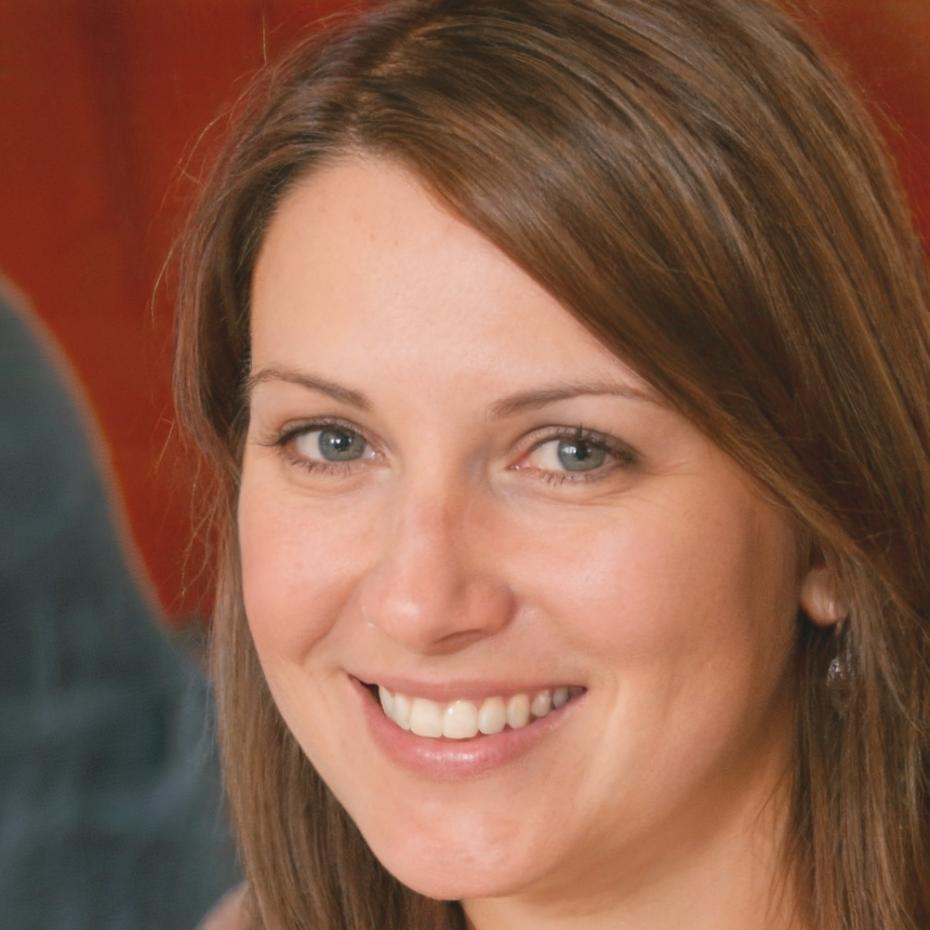Questions Worth Asking About Financial Recovery
Most people come to us with similar worries but different circumstances. Over the years, we've noticed patterns in what people wonder about before starting, during their journey, and after they've rebuilt their financial foundations. These aren't just FAQs pulled from thin air – they're real concerns from real people trying to navigate tough situations.
Your Questions, Organized by Where You Are
Different stages bring different worries. We've grouped these by the typical journey most people take – though yours might look slightly different, and that's completely normal.
Considering Your Options
- How do I know if I actually need structured financial help?
- What's involved in the initial assessment process?
- Can I work with you if I'm still employed but struggling?
- What documents should I gather before our first meeting?
- How long does it typically take to see improvements?
Active Recovery Phase
- What happens if my circumstances change mid-program?
- How often will we check in on progress together?
- Can I adjust strategies if something isn't working?
- Who can I contact when urgent questions come up?
- What tools will I use to track daily spending habits?
Building Independence
- What support exists after the main program ends?
- How do I handle unexpected expenses without relapsing?
- When should I start thinking about savings or investments?
- Can I come back for refresher sessions later?
- What warning signs should I watch for?
Long-Term Success
- Do you offer annual financial health check-ins?
- How do I adapt strategies as my income grows?
- What community resources connect past participants?
- Can family members join educational workshops?
- How do I teach these principles to my kids?
Deeper Insights from Years of Practice
The Psychology of Spending Patterns
Most financial recovery programs focus exclusively on numbers – budgets, debts, interest rates. But we've learned something important after working with hundreds of Australians: spending habits are rarely just about money. They're emotional responses to stress, boredom, or social pressure.
One client told us she'd spend $200 every Friday after work, not because she needed anything, but because it was her way of rewarding herself for getting through the week. Once we identified that pattern, we could work on healthier (and cheaper) reward systems that actually made her feel better.
Behavioral FinanceWhy Traditional Budgeting Fails Most People
You've probably tried budgeting apps before. Maybe you stuck with it for a few weeks before life got busy and you forgot to log expenses. This isn't a personal failing – it's a design problem with how most budgeting tools work.
The budgets that actually stick are the ones that don't require constant maintenance. Instead of tracking every coffee purchase, we help people build automatic systems that work in the background. Direct debits to savings accounts. Separate cards for discretionary spending with weekly limits. Simple rules that don't need daily decisions.
Practical SystemsDebt Prioritization Isn't Always Mathematical
Financial calculators will tell you to pay off high-interest debt first. Mathematically, that's correct. But humans aren't calculators. Sometimes paying off a small debt completely – even if it's not the highest interest – gives someone the psychological win they need to keep going.
We had a participant with $45,000 in various debts. The numbers said to tackle the credit card first, but she was overwhelmed. We started with her $800 medical bill instead. Cleared it in six weeks. That small victory changed her entire mindset about what was possible.
Strategy Adaptation
Meet Our Contributors

Callum Fincham
Specializes in debt restructuring and has worked with over 300 Australian families since 2019.

Petra Viklund
Focuses on the psychological aspects of spending habits and sustainable financial behavior change.